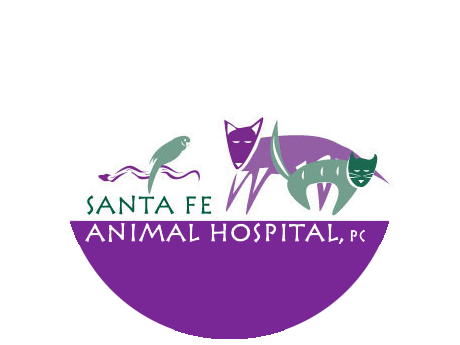PET TIPS
ASPCA resources

Cats may seek warmth under the hood of your car and can be injured or killed by the fan belt. Bang loudly on the hood before starting the car to give cats a chance to escape.
Helpful Resources
Latest information on New Canine Respiratory Illness
https://nmdeptag.nmsu.edu/new-release/2023/animal-health-officials-advise-pet-owners-to-take-proactive-measures-against-a-canine-respiratory-syndrome-in-new-mexico.html
Animal Poison Control
http://www.aspca.org/pet-care/animal-poison-control
ASPCA
The American Society for the Prevention of Cruelty to Animals. Find pet care, adoption and volunteer information.
www.aspca.org
ASPCA Toxic and Non-Toxic Plants
ASPCA People Foods to Avoid Feeding Your Pets
American Veterinary Medical Association
Provides a wide range of animal-related scientific and medical information that benefits veterinarians, governments, regulatory agencies and the public, for example: selecting and raising a pet; protecting the public from zoonotic diseases, such as rabies and toxoplasmosis; and developing guidelines for the proper use of life-saving drugs.
Argus Institute at Colorado State University
Argus clinical counselors offer support to people who are facing difficult decisions regarding their pet’s health and help them manage the challenges of caring for a sick animal.
www.argusinstitute.colostate.edu
Summer Tips
- Never, ever leave your dog in the car.
- Make sure your dog has unlimited access to fresh water.
- Make sure your dog has access to shade when outside.
- Take walks during the cooler hours of the day.
- When walking, try to stay off of hot surfaces (like asphalt) because it can burn your dog’s paws.
- If you think it’s hot outside, it’s even hotter for your pet – make sure your pet has a means of cooling off.
- Keep your dog free of external parasites (fleas, ticks) and heartworms – consult your veterinarian about the best product for your pet.
- Consider clipping or shaving dogs with long coats (talk to your veterinarian first to see if it’s appropriate for your pet), and apply sunscreen to your dog’s skin if she or he has a thin coat.
4th of July Safety
Fireworks, picnics and other Fourth of July traditions can be great fun for people; but all of the festivities can be frightening and even dangerous for animals. Noisy fireworks and other celebrations can startle animals and cause them to run away; holiday foods can be unhealthy; summer heat and travel can be dangerous; and potentially dangerous debris can end up lying on the ground where pets can eat or play with it.
https://www.avma.org/resources/pet-owners/petcare/july-4-safety
Know the symptoms of overheating in pets
Symptoms can include excessive panting or difficulty breathing, increased heart and respiratory rate, drooling, mild weakness, stupor, or even collapse. Be aware of hiking or walking on hot surfaces that can cause their pads to burn or blister.

Handicapped Pet Products
Petfinder
Search 13,000+ organizations for adoptable pets.
Santa Fe Humane Society
Information on pet adoption; volunteering; and fun activities for kids, adults, and pets.
Veterinary Partner
Get answers to animal health, medication, therapy, surgery, behavior, or safety questions for all kinds of animals.
